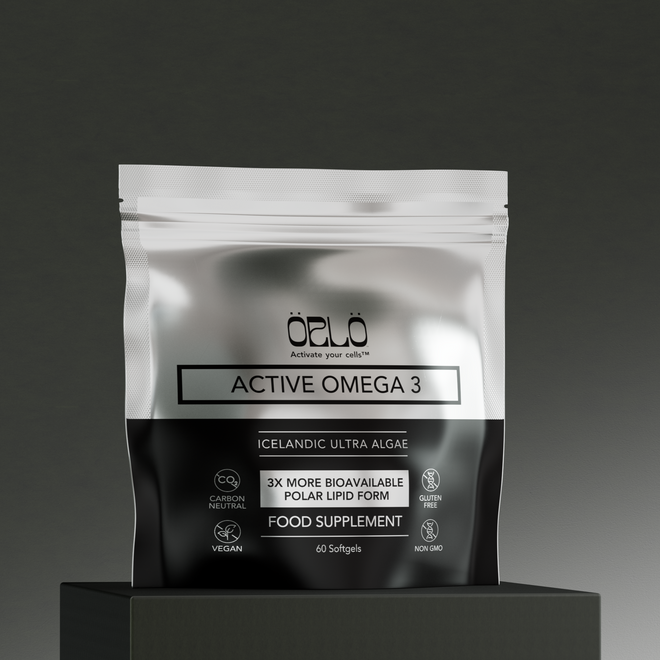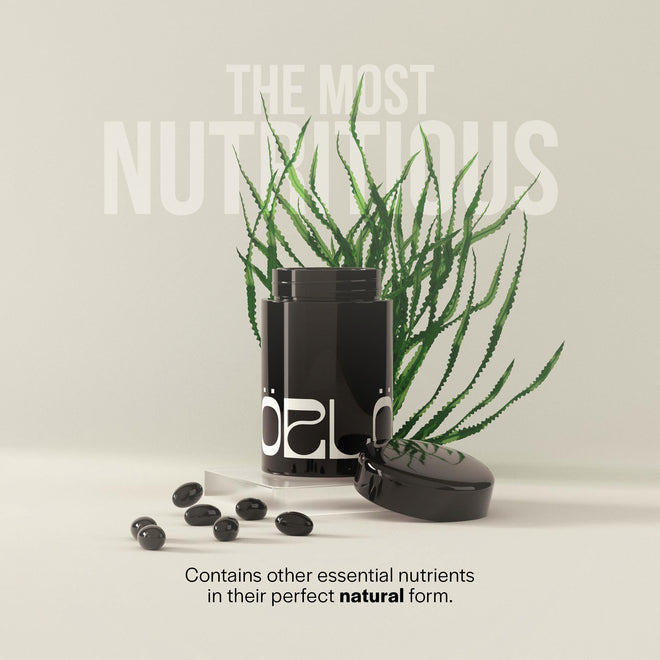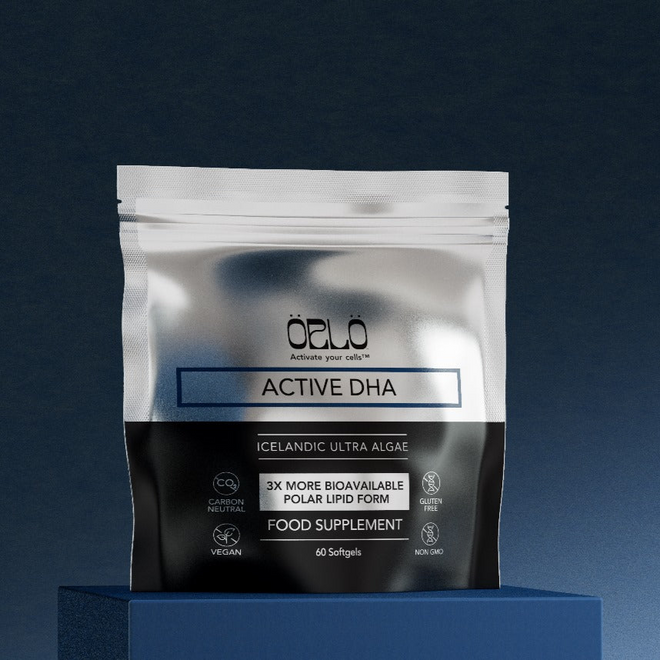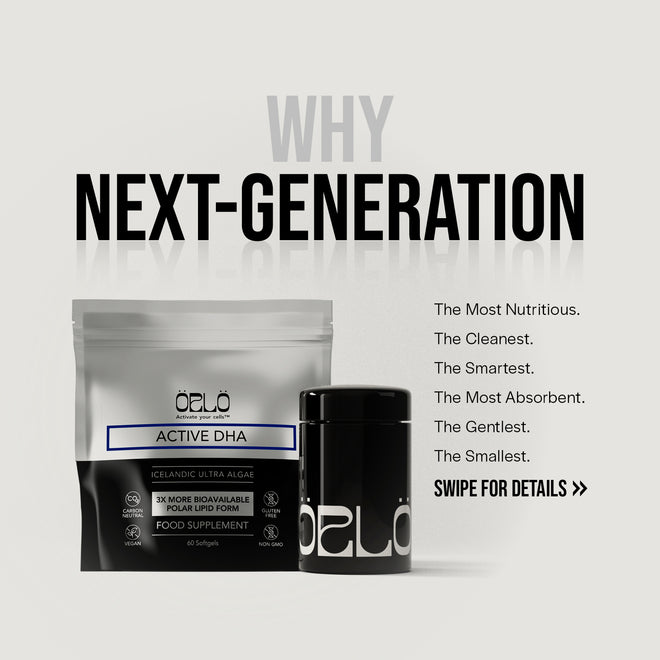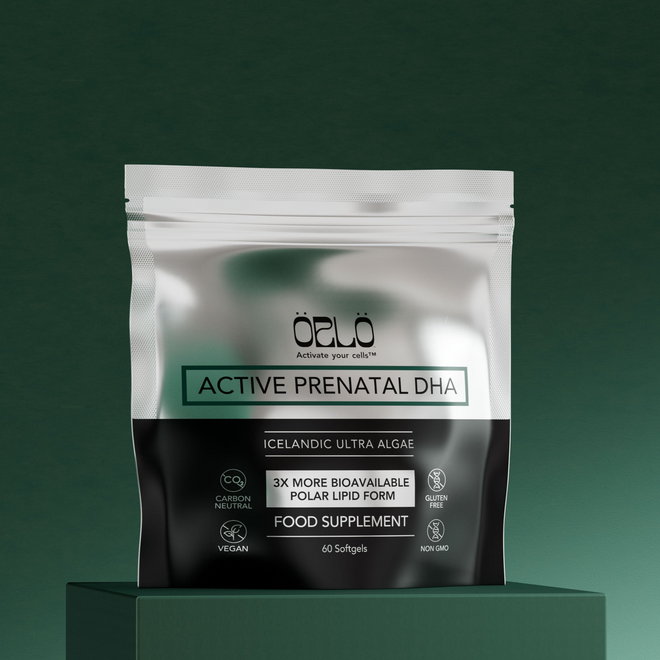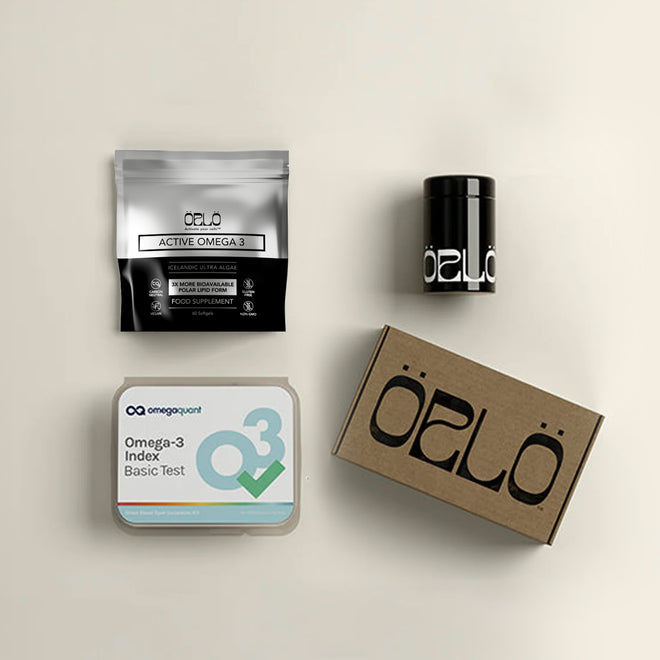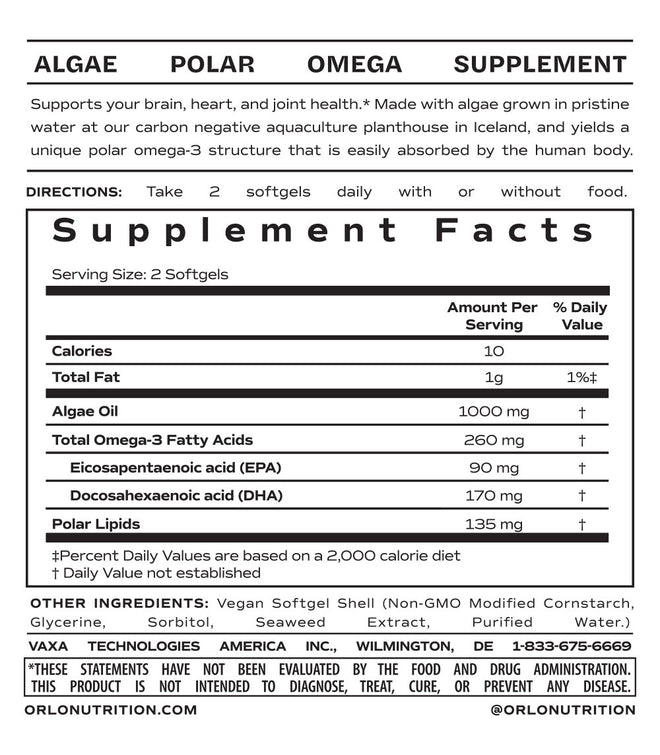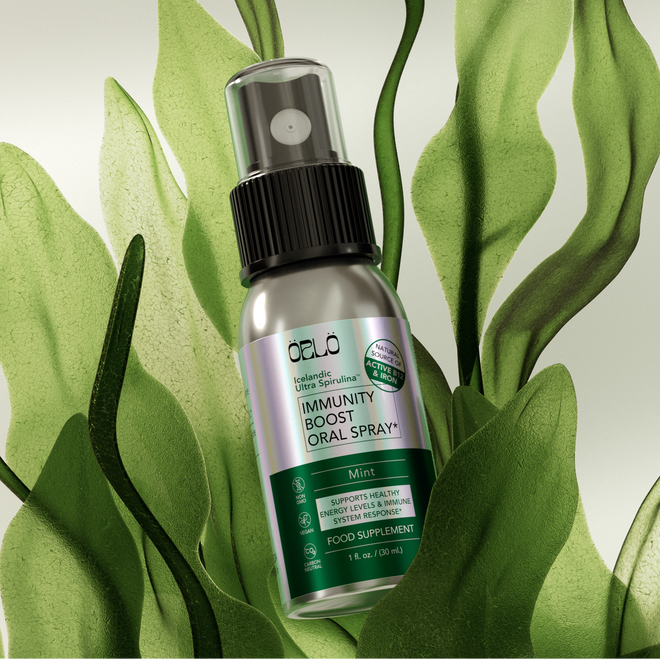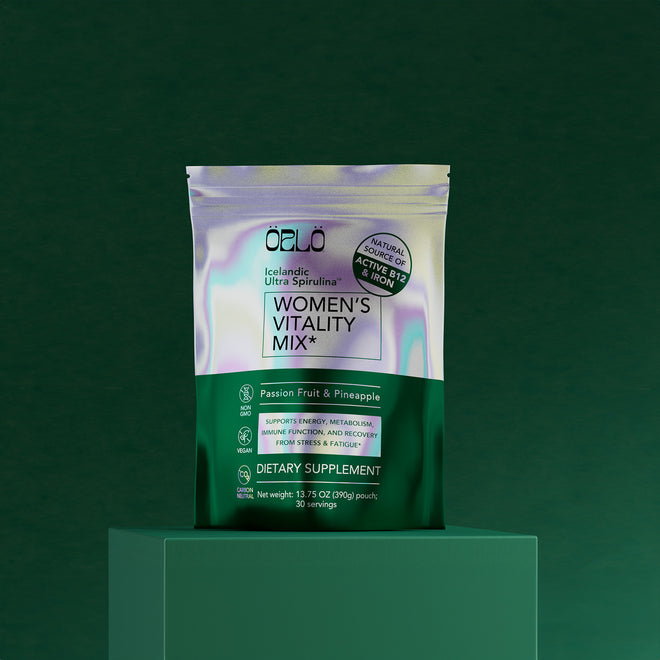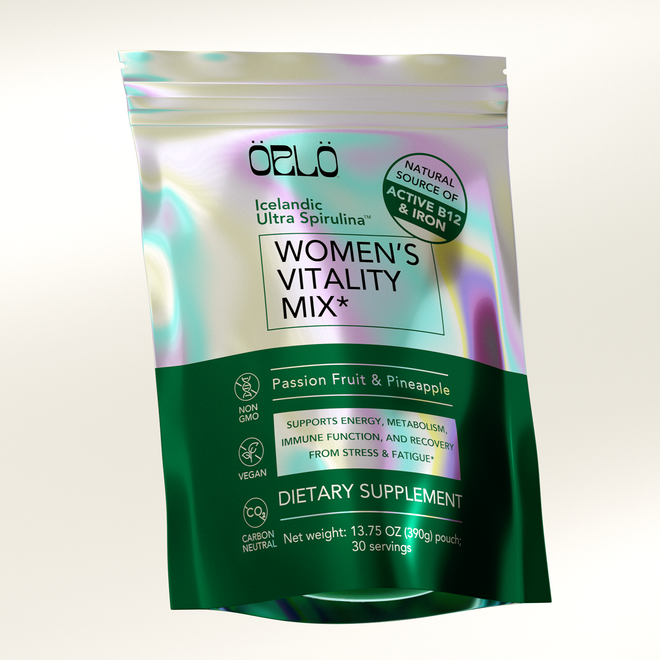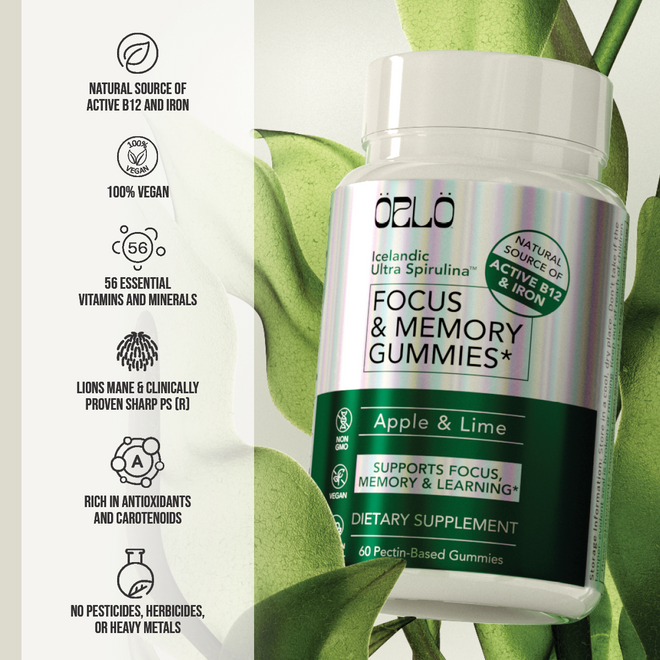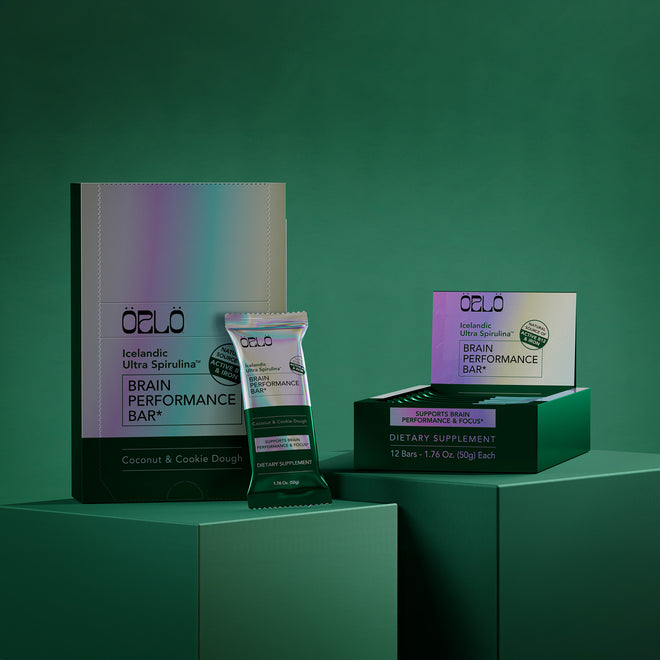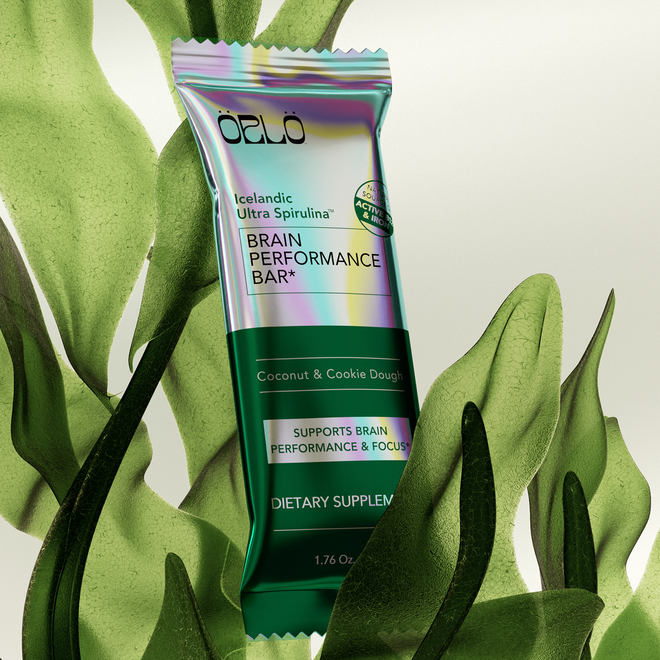25% Off - use code: HOLIDAYS
Omega-3 EPA and DHA for Vegetarians Explained
Omega-3 fatty acids are essential for maintaining good health and are a key component in a balanced diet. They are involved in numerous bodily functions and have proven benefits for heart health, brain function, and overall wellness. Among the types of Omega-3s, EPA and DHA stand out for their significant roles. While fish is commonly touted as the primary source of these nutrients, vegetarians and vegans may wonder how they can incorporate EPA and DHA into their diets.
For those who follow a vegetarian lifestyle, understanding the differences between EPA (Eicosapentaenoic Acid) and DHA (Docosahexaenoic Acid) is crucial. These two components of Omega-3 fatty acids contribute differently to health, and it’s important to know how each can be obtained, especially from plant-based sources. This exploration will help vegetarians ensure they meet their nutritional needs without compromising on their dietary choices.
What Are EPA and DHA?
EPA and DHA are long-chain Omega-3 fatty acids critical to numerous bodily functions. EPA is primarily known for its anti-inflammatory properties. It plays a supportive role in heart health, reducing joint pain, and improving mood. This makes it particularly beneficial for those dealing with inflammation-related issues.
DHA, on the other hand, is a fundamental building block for the brain and retina. It’s important for cognitive function, eye health, and even cellular membrane integrity. DHA is found in high concentrations in the brain and is vital for cognitive development during infancy and maintaining mental acuity as we age.
For vegetarians, accessing these nutrients may seem challenging since they are abundantly found in fish. However, plant-derived sources and supplements now make it feasible to include them in a vegetarian diet effectively. By understanding what EPA and DHA are, vegetarians can make better-informed choices on how to integrate these crucial nutrients into their meals.
Sources of EPA and DHA for Vegetarians
Finding sources of EPA and DHA when following a vegetarian diet is easier than ever thanks to some innovative options. Fish is traditionally the most common source of these nutrients, but that doesn't fit with a vegetarian lifestyle. Luckily, both EPA and DHA can be found in plant-based sources, making it possible for vegetarians to get these vital nutrients without compromising their dietary choices.
One of the best plant-based sources is algae. Algae naturally contain both EPA and DHA, making it an excellent direct source of these Omega-3 fatty acids without having to rely on fish. Algae-based supplements are specifically designed to provide the Omega-3 benefits that vegetarians need, often without any of the unwanted aftertastes associated with fish oil.
Another option for vegetarians includes fortified foods. Many plant-based milk products, breakfast cereals, and even some juices have added Omega-3s to help individuals increase their intake effortlessly. These options make it simpler to incorporate these essential fatty acids into everyday meals and snacks, keeping your diet both balanced and nutrient-rich.
Benefits of EPA and DHA for Vegetarians
EPA and DHA offer various health benefits that support vegetarians in maintaining optimal health. For example, they play a significant role in promoting heart health. By working to reduce inflammation within the body, EPA helps in maintaining a healthy heart by lowering potential risks associated with cardiovascular diseases.
DHA brings its own set of benefits, particularly for mental and eye health. It supports the structure of brain cells, contributing to improved memory and cognitive functions. Not to mention, due to its presence in the retina, DHA is a key factor in maintaining clear vision and overall eye health. For vegetarians aiming to enhance their wellbeing in a comprehensive manner, including EPA and DHA in their diet is a smart move.
Choosing the Right Vegetarian Omega-3 Supplement
Selecting the right supplement involves knowing what to look for. Here are a few pointers to consider:
- Check the Source: Ensure the supplement is derived from high-quality, clean sources such as algae to avoid contaminants often found in fish oil.
- Assess Bioavailability: Look for supplements that offer enhanced absorption to maximize the benefits you receive.
- Review the Ingredients: Select supplements with minimal additives, focusing on purity to ensure you're getting the best.
These considerations help ensure that whatever supplement you choose effectively supports your health goals while adhering to vegetarian guidelines.
Make the Most of Omega-3 in Your Diet
Incorporating Omega-3 EPA and DHA into your vegetarian diet doesn't have to be complex. By making informed choices and understanding the nutritional value these fatty acids offer, you can enhance your overall health easily. Balance is key; aim to include both natural food sources and reliable supplements to ensure consistent intake.
With this solid understanding of Omega-3s, you're well on your way to maintaining a healthy diet that includes the benefits of EPA and DHA. Prioritizing these nutrients will support your long-term wellness and provide peace of mind that your dietary choices are aligned with your health goals.
If you're looking for a simple way to support your health on a plant-based diet, ORLO's algae-based supplements are a great place to start. They’re designed to deliver the benefits of Omega-3 EPA DHA for vegetarians through clean, sustainable sources you can trust.
